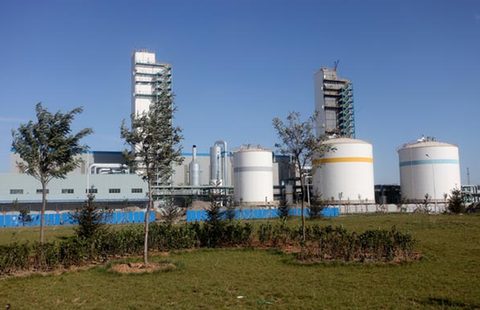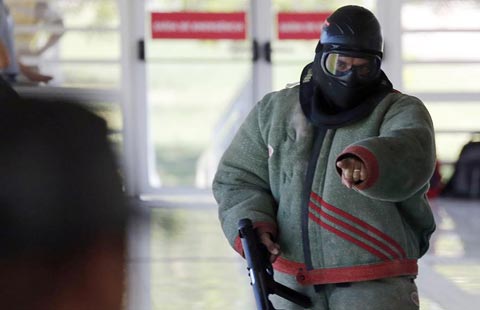
Xu said that most of the those suspects are corrupt officials or senior directors of State-owned companies who took bribes or embezzled public funds.
Xu said that major progress was achieved by China and the US last year on fighting corruption. In October, the countries agreed to enhance cooperation and communication regarding cases under investigation, and on tracing, freezing, confiscating and returning illegal assets.
At a recent meeting of the Asia-Pacific Economic Cooperation in Beijing in November, APEC members, including the US, Canada and Australia, decided to set up a regional law enforcement cooperation network known as Act-Net to snare corrupt officials.
Successful model remains elusive
Somemajor obstacles remain between China and the United States on capturing Chinese officials at large in the US and recovering assets they stole, the authorities said.
"Due to lack of a bilateral extradition treaty and difficult legal obstacles, we are facing practical challenges in repatriating more Chinese fugitives to face trial and recover their illgotten assets," said Liu Dong, director of the Ministry of Public Security's economic crimes investigation bureau.
The two countries have yet to create a successful model for getting suspected corrupt officials back to China to face trial. Obstacles also hinder the progress of discussions about some individual cases.
US judicial authorities are prejudiced against China's legal system and "mistakenly believe we would undertake unfair prosecutions of suspects," Liu said.
According to the ministry, in the past 10 years only two Chinese fugitives have been brought back from the US to stand trial, including Yu Zhendong, former head of the Bank of China's Guangdong Kaiping branch, who was returned three years after fleeing to the US following corruption and embezzlement allegations.
By early last year, more than 150 suspected corrupt Chinese officials were on the run in the US. Some had even obtained permanent residency permits, or "green cards", in the US.
"It's necessary to set up a professional law enforcement team that better understands US laws and is proficient at speaking English and applying the laws," said Zhang Xiaoming, deputy director of the Judicial Assistance and Foreign Affairs department of the Ministry of Justice.
With greater understanding, Chinese authorities could provide their US counterparts with necessary documents in a timely fashion, including proper orders for assistance in locating and capturing fugitives.








